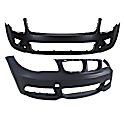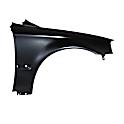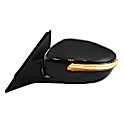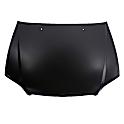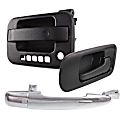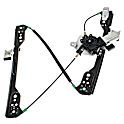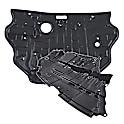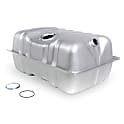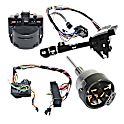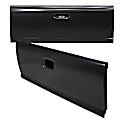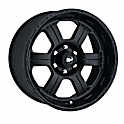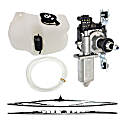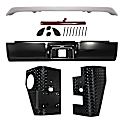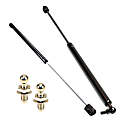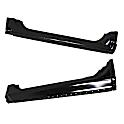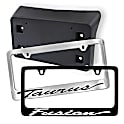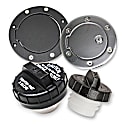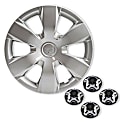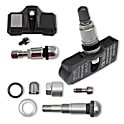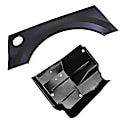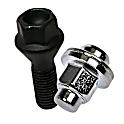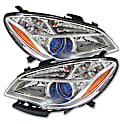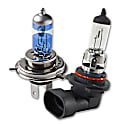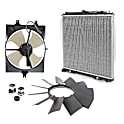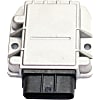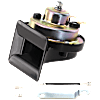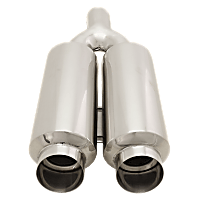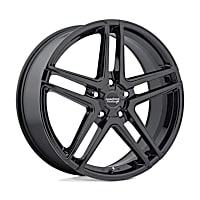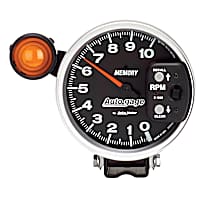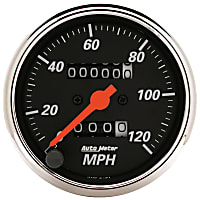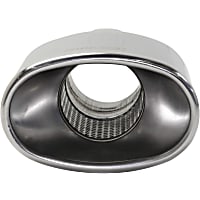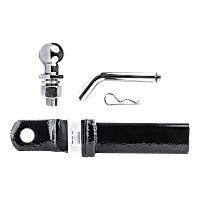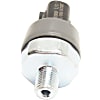{
"lazyNodes": false,
"abFitnotesFlag": false,
"abCrawlReviews": false,
"productOptionsCookie": false,
"orderDelayFlag": false,
"skipSessionCookie": false,
"covidMessage": false,
"fullTitleCookie": false,
"nrLoggerCookie": false,
"checkoutReviewCookie": false,
"productOptionSeqCookie": false,
"maintenanceFlag": false,
"bufferETACookie": false,
"multiShippingDiscountFlag": false,
"newFitmentFlag": false,
"surveyOptInFlag": false,
"crossSellFlag": false,
"skuMappingFlag": false,
"paySplitCookie": false,
"callDisableFlag": false,
"zipPaymentFlag": "u",
"hassleFreeReturn": false,
"lifetimeReplacement": false,
"cpn_off": false
}Need Help? Call Us1-866-529-0412
1993 Lexus SC300
1993 Lexus SC300 Parts & Accessories
Auto Body Parts & Mirrors
Grid View
Headlights & Lighting
Engine & Drivetrain
Brakes, Suspension & Steering
Interior Accessories
Exterior Accessories
Wheels
Tools & Garage
Top Rated Products
Popular Products
Product Questions & Answers
Q:I have a 2000 Toyota Celica GT with 158000 miles and was driven in city traffic with suspect roads for 20 years. I have replaced the back shocks and hatchback lift cylinders. I also have sound insulation in the trunk. I am still hearing squeaky sounds in the rear at times. The hatchback fits properly and car has never been wrecked. Will changing the rear sway bar links help reduce noise at back of the car? I have just replaced the front lower ball joints and control arms so the front end is not an issue and the front struts were replaced a few years ago. Thanks for your assistance. Jim Harrison Show Less
James H.
A:BEST ANSWERHi Jim,
Squeaky sounds in the rear of a 2000 Toyota Celica GT with 158,000 miles could be caused by several factors, including worn suspension components, worn bushings, and loose or worn exhaust components. Replacing the rear sway bar links may help reduce the noise if the links are worn or damaged. However, it is not a guarantee that it will solve the problem.
It is recommended to have a professional mechanic inspect the rear suspension and exhaust components for any wear or damage. A visual inspection and a road test can also help determine the source of the noise. If the mechanic finds that the rear sway bar links are worn or damaged, replacing them can help improve the stability of the rear suspension and reduce the noise. Show less
Roberto B.
2 Questions, 1 AnswerView all Q&As >
Q:Will this work on a gauge or just light???
George J.
A:BEST ANSWERHi George, I'm glad to help you out. This is for the warning light only. Tell me what kind of vehicle do you have so I can check for the correct part. Show less
Andrew B.
5 Questions, 1 AnswerView all Q&As >
